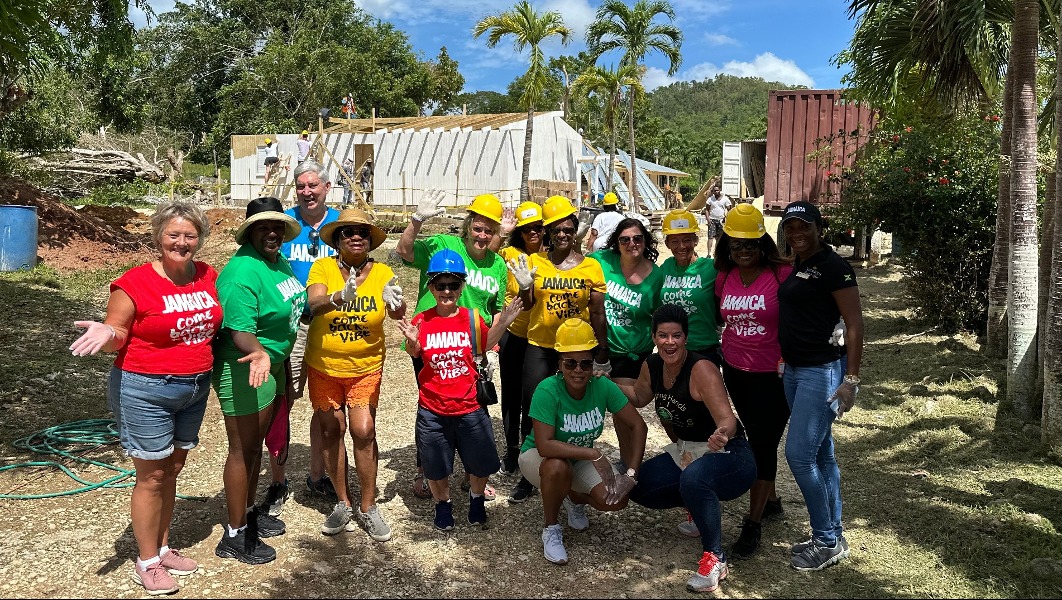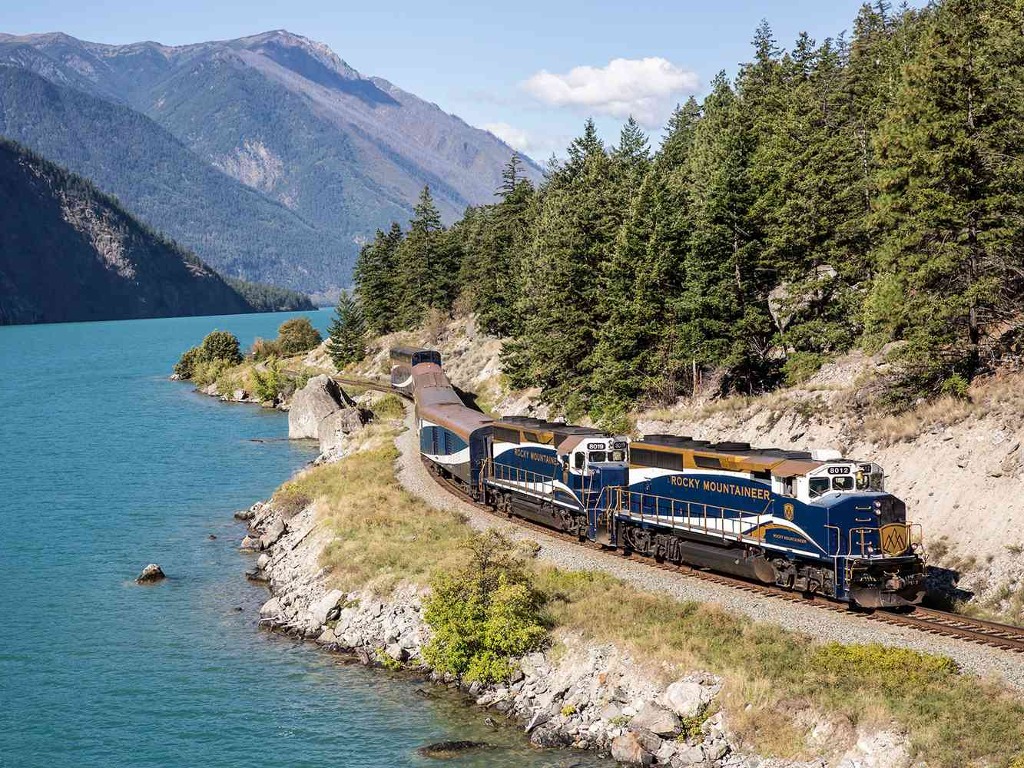Five Tips For A Return To Travel From Expedia Group

Expedia Group is offering tips and insights to help lodging providers in Canada prepare for the return of travel.
Following a sustained period of uncertainty for the travel and hospitality industry, market trends and recent insights from Expedia Group Media Solutions continue to indicate that travellers are anxious to get away – and the majority of those dreaming, planning or booking travel are doing so for the near future.
Expedia Group data shows that as of March 1, 2021, the 0–21-day window accounted for over 50% of global searches, followed by the 31-60-day window at 15%.
While it’s unclear when international travel restrictions will ease, travellers are looking to stay closer to home in the short-term. In Canada, 65% of searches were domestic, compared to 35% international, a trend that has been consistent in recent weeks.
To that end, Expedia Group is offering 5 tips to help lodging providers prepare for the return of travel and attract potential guests as they gear up for their next trip. These include:
Offer Flexibility
To help instill traveller confidence and financial peace of mind, lodging providers should clearly communicate flexibility across all channels – from websites and advertising to traveller communications and on-property. This may include offering full refunds and cancellations, or flexible reservation and date-change policies.
- Custom research from Media Solutions found that 53% of travellers will feel more comfortable traveling if they have full cancellation and refunds on their accommodations – especially Gen Z and millennial travellers.
- Expedia.com’s lodging data shows that travellers booked refundable rates 10% more often in 2020 than the year before.
- Nearly 70% of lodging rate plans on Expedia Group sites are now refundable.
Reassure Travellers
Insights from the Media Solutions study show that lodging providers should spotlight cleaning and disinfecting protocols to reassure travellers who are looking to return to trusted accommodations post-pandemic.
Highlighting information on sanitizing and disinfecting measures throughout the property and in-room can help reassure travellers who are considering a trip soon or post-pandemic, as hygiene concerns are likely to have a long-term impact.
- 1 in 2 travellers have avoided using chain hotels, boutique hotels and resorts during the pandemic because of cleanliness concerns.
- Pandemic measures will play a role in future accommodation decisions for nearly 8 in 10 travellers – regardless of age.
- 83% of all travellers and 90% of the silent generation said it is important for accommodations to provide regular deep-cleaning and disinfecting, and 76% of all travellers would like to see a checklist outlining what has been disinfected.
For chain hotels and resorts, messaging around reduced capacity and social distancing measures can help reassure the more than one-third of travelers who have avoided these accommodation types during the pandemic because they feel too many people are staying there. Implementing and communicating health and safety measures are a must for lodging providers, and this information should be easily accessible for guests, wherever they are searching for information or inspiration
To help partners restore customer confidence, Expedia Group launched a feature allowing lodging partners to highlight the health and hygiene measures they are taking at their properties on amenities including contactless check-in and check-out, hand sanitizer availability, enhanced cleaning and enforcing social distancing measures, among others.
Reviews Matter
Online reviews have long played a role in informing traveller decisions, but they will be even more important for future travel planning. According to a 2020 Expedia Group study, nearly three-quarters of travellers read reviews before booking a property and consider reviews about “room cleanliness” and “overall condition of the hotel” as the most influential.
- 80% of travellers believe if hotels do not respond to negative property reviews, then the review must be truthful.
- Looking ahead, travellers will turn to recent online reviews 41% more than pre-pandemic, while online reviews from any time will see a 15% lift.
Lodging providers should encourage guests to leave reviews and respond to guest reviews, good and bad, ideally within 24 hours, to show guests that their opinions and suggestions for improvement matter.
Stand Out
Travellers will increasingly turn to hotel websites, online travel agencies and travel advertising for trip planning post-pandemic, and pictures and information on these channels will be more relevant and influential in the future. As traveller demand continues to grow, lodging providers should implement a multi-channel marketing strategy to ensure their property is front and centre with potential guests –wherever they are dreaming, searching or shopping – and evaluate their marketing toolkit.
Performance marketing products, such as TravelAds Sponsored Listings, can ensure a property shows up in search results, and the flexible ad copy and custom imagery enable hotels to showcase the information that is most important to travellers today.
Target the Right Traveller
With travel motivations and preferences varying by age, and even geography, lodging providers should develop targeted offers or promotions that appeal to different generations. Although pandemic travel has been driven by a variety of reasons – the leading ones being change of scenery or to see family or friends – advantageous travel is especially popular with younger generations and may inspire future trips.
Additionally, younger generations are expected to be at the forefront of driving accommodation demand back to pre-pandemic levels, so lodging providers should consider their role in short-term marketing strategies and look at targeting other generations with longer-lead messaging or offers.
- 20% of millennials who travelled during the pandemic did so to take advantage of deals and savings.
- 15% of Gen Z travelled during the pandemic to work or study from a new location.
To reach younger generations, lodging providers should highlight special deals or discounts, or promotions tied to remote work/study programs, while family-friendly packages may appeal to the silent generation. Gen X and baby boomers may be more inspired by scenic accommodations, so visually stunning landscapes or outdoor environments should be front and centre in campaigns targeting these travellers.
For further insights on attitudes, motivations, and influences that will drive future travel decisions around the world, check out the full Traveler Sentiment & Influences research.


